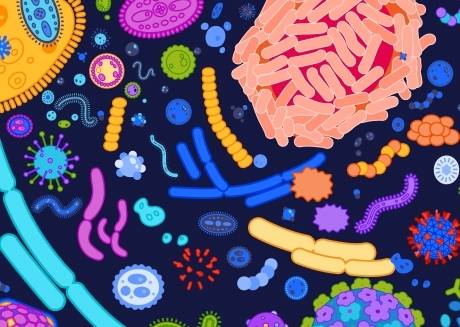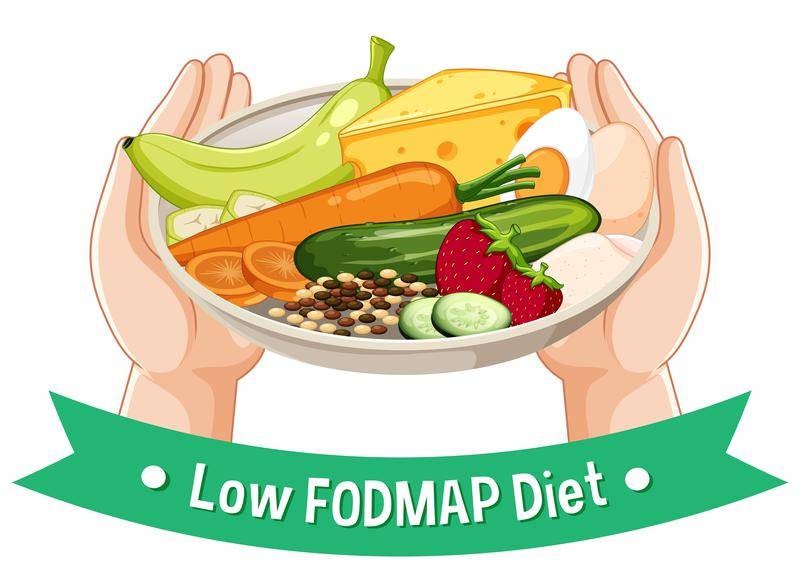

Glow, Grow: Gut-Focused Self-Care
When we think of self-care, the first things that pop's into our minds are skincare routines, going to the gym, or meditating. But in this social media-driven narrative of self-care, we often focus only on external care.
True self-care begins from within, and one of the most overlooked yet crucial aspects of inner self-care is gut health.
Why Your Gut Deserves a Place in Your Self-Care Routine
There are several reasons why one should include gut care as a part of their self-care routine. Your gut is home to trillions of microorganisms that do far more than help you digest food. These microbes influence your mood, energy levels, immune system, hormonal balance, and even your skin health. Taking care of your gut is, therefore, a powerful, daily act of self-care.
What Is the Gut Microbiome?
Your gut refers to your Gastrointestinal (GI) tract, hosting a vast microbial community, with most of these microbes residing in your large intestine (colon). They are either floating around inside or attached to the mucous lining of your inner walls. Unlike environmental microbes, these are anaerobic bacteria, thriving in low-oxygen conditions and helping break down indigestible fibers to produce essential nutrients for your body.
When this ecosystem is disrupted by poor diet, stress, lack of sleep, or a sedentary lifestyle, it can lead to bloating, inflammation, weakened immunity, mood swings, and even hormonal imbalances.
How Your Gut Impacts Self Care
Immunity: Gut bacteria produce metabolites like short-chain fatty acids (SCFAs) during digestion, which support the development of regulatory T cells (Tregs), crucial for immune tolerance and controlling inflammation.
Hormonal Balance: Your gut microbiome helps metabolize hormones like estrogen, cortisol, and thyroid hormones. An imbalanced gut can lead to estrogen dominance, irregular periods, and PMS symptoms. Remarkably, your gut also produces hormone-like compounds (over 30 identified so far) that influence your body's signaling systems.
For the skincare girlies: Healthy gut = clear, glowing skin.
Gut bacteria produce acids like propionic acid that fight acne-causing bacteria like Staphylococcus aureus. Your skincare routine works better when your gut is happy.
For the gym lovers: Gut health = better muscle recovery.
Your gut microbes help break down protein and absorb leucine, supporting muscle repair and gains after workouts.
For the wellness seekers: Gut health = calm mind & balanced hormones .
A thriving gut helps regulate cortisol (stress hormone), boosting your mood and emotional balance.
Now that we know why we should consider gut microbiome in our self-care, lets learn simple ways to start Gut-Focused Self-Care
Simple Ways to Start Gut-Focused Self-Care
Taking care of your gut doesn’t require complicated supplements or expensive routines. It begins with simple, intentional choices each day:
- Eat the rainbow: Fill your plate with colorful fruits, vegetables, whole grains, legumes, and seeds. Diverse colors feed different gut microbes, enhancing microbial diversity. For instance, Bacteroides spp. can convert carotenoids from carrots into Vitamin A derivatives that support gut lining integrity.
- Stay hydrated: Water facilitates digestion, smooth bowel movements, and prevents the overgrowth of harmful bacteria in your gut.
- Sleep well: Your gut microbiome follows your circadian rhythms. Disrupted sleep can shift the Firmicutes to Bacteroidetes ratio, impacting metabolism and energy.
- Move your body: Regular physical activity increases microbial diversity, promoting a resilient gut.
- ·Manage stress: Chronic stress can alter your gut bacteria. Incorporate breathing exercises, journaling, or mindful breaks to keep your gut happy.
- Include gut-supportive foods:
1. Prebiotics: Garlic, onions, leeks, bananas, asparagus, oats, feeding beneficial bacteria like Bifidobacteria and Lactobacilli.
2. Probiotics: Yogurt with live cultures, kefir, kombucha, kimchi, sauerkraut, introducing beneficial bacteria to support digestion and immunity.
3. Polyphenols: Green tea, berries, dark chocolate, olive oil, which can inhibit the growth of harmful bacteria like Clostridium species and support microbial diversity.
Keeping track of your microbiome can also be empowering. Microbiome testing gives you a window into your gut health, helping you personalise your self-care with food and lifestyle choices that truly support your unique microbial ecosystem.
This International Self-Care Day, Start From Within
On this International Self-Care Day, let’s redefine self-care as something deeper than surface-level rituals. By choosing to nourish your gut daily, you support your immunity, hormonal balance, mental clarity, energy, and even your skin.
Today, make a commitment to listen to your gut—literally—and let it guide you toward a healthier, more vibrant you.
Reference
How to improve your gut health and gut microbiome
How the Gut Microbiome Influences Skin Health: Exploring the Gut-Skin Axis

